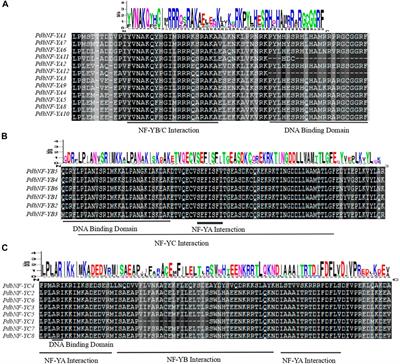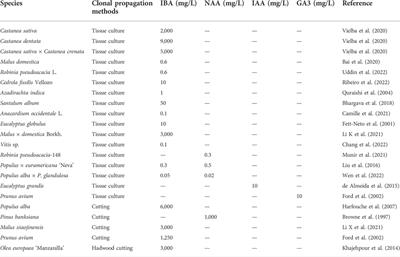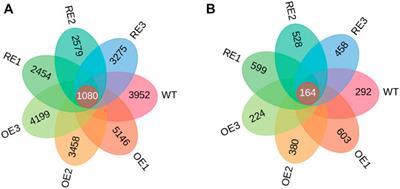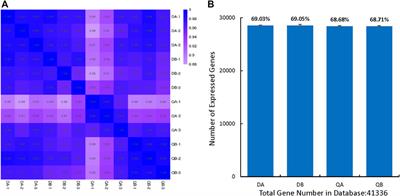ORIGINAL RESEARCH
Published on 16 Sep 2022
Expression patterns of the poplar NF-Y gene family in response to Alternaria alternata and hormone treatment and the role of PdbNF-YA11 in disease resistance

doi 10.3389/fbioe.2022.956271
- 1,787 views
- 4 citations





